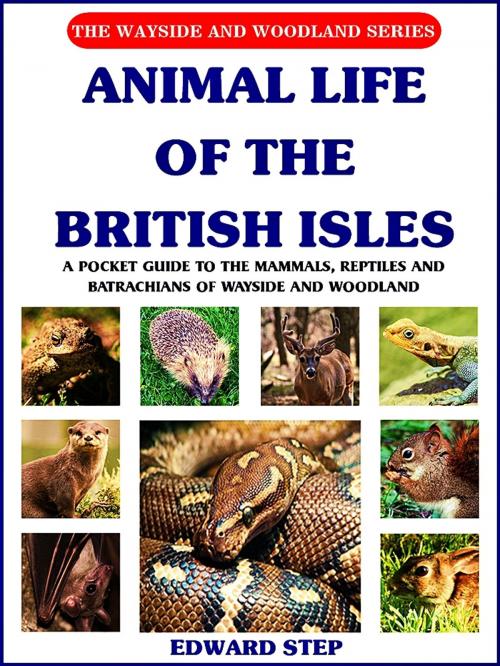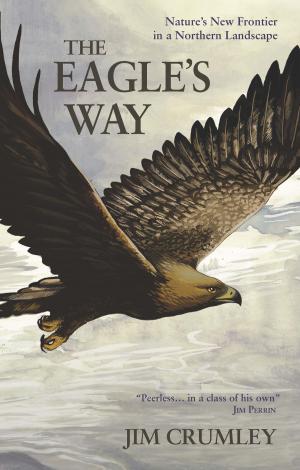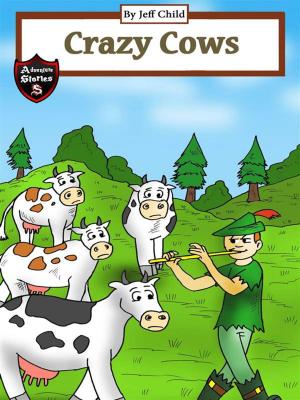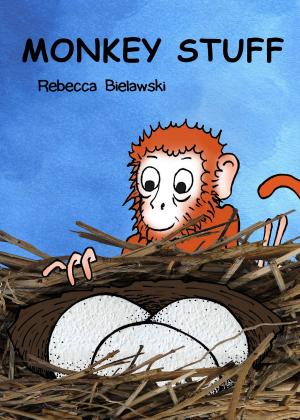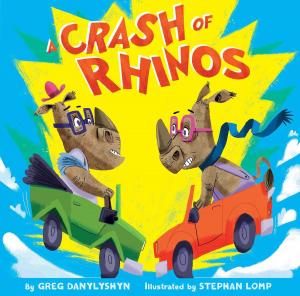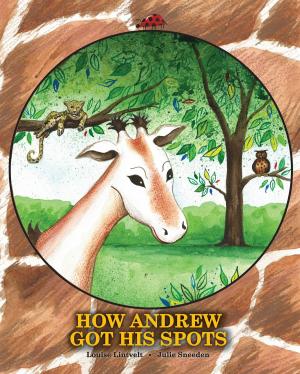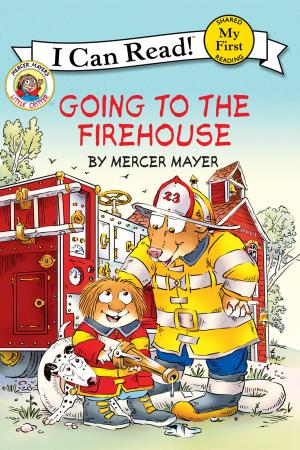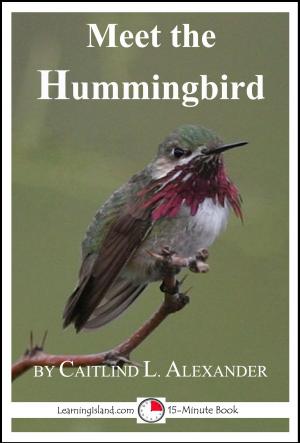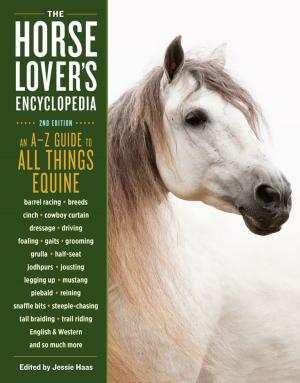Animal Life of the British Isles
A Pocket Guide to the Mammals, Reptiles and Batrachians of Wayside and Woodland (Illustrations)
Kids, Natural World, Ecosystems, Animals| Author: | Edward Step, W. J. Stokoe | ISBN: | 1230000267976 |
| Publisher: | LONDON FREDERICK WARNE | Publication: | September 14, 2014 |
| Imprint: | Language: | English |
| Author: | Edward Step, W. J. Stokoe |
| ISBN: | 1230000267976 |
| Publisher: | LONDON FREDERICK WARNE |
| Publication: | September 14, 2014 |
| Imprint: | |
| Language: | English |
Example in this ebook
Apart from the birds and the fishes, the vertebrates or backboned animals of the British Islands constitute a very select group. Within the historical period several former notable members of that company have ceased to be represented in the freedom of nature in this country, and their forms can be studied only in museums and zoological gardens. Although we have to regret the absence from our list of the Beaver and the Wild Boar, the Ure-ox and the Short-horned Wild Ox, the Brown Bear and the savage Wolf, there are still sufficient of our vertebrates left to give a zest to the observations of the rambler in the woodlands, over the mountains and along the quiet waysides and streams of our country.
To observe these mammals, reptiles, and batrachians we must go afoot: the bicycle or the motor-car is of use only to convey us quickly out of town to appropriate localities in the open country. Arrived there, quietness must be the order of the day—the footfall light and the voice lowered in conversation if there are two or more in company. The sitter will see far more than the man who wants to perambulate the entire wood or explore the acreage of moorland. A comfortable seat having been chosen with deliberation for the view it affords of a wood margin, a hillside, or stream curve, according to the habits of the creatures we are hoping to see, the field-glass should be brought into requisition, and every inch of the field of vision carefully and repeatedly scanned. The movement of a grass-blade, the trembling of a fern frond or the rustling of a dead leaf will often indicate the precise spot to be watched. It will be understood that as most of these creatures are more or less nocturnal in their activities, observation must be continued until sometime after dusk at least, in order to be successful.
If the observer is new to this work, he should endeavour, if possible—on the first occasion at least—to get as companion a friend who has already some experience of field-work. A day with such a companion will do more to open his eyes than a whole chapter of printed hints; for it is as true to-day as it was in 1855, when Charles Kingsley wrote in his "Glaucus"—"The greatest difficulty in the way of beginners is (as in most things) to 'learn the art of learning.' They go out, search, find less than they expected, and give the subject up in disappointment. It is good to begin, therefore, if possible by playing the part of 'jackal' to some practised naturalist, who will show the tyro where to look, what to look for, and, moreover, what it is that he has found: often no easy matter to discover." On that last point the "Wayside and Woodland Series" has done much to simplify matters.
Respecting the utility of taking an interest in these fellow inhabitants of our country, one of the intellectual giants of the Victorian Age described Natural History "as the greatest of all sources of that pleasure which is derivable from beauty. I do not pretend," he says, "that natural history knowledge, as such, can increase our sense of the beautiful in natural objects. I do not suppose that the dead soul of Peter Bell, of whom the great poet of nature says—
" 'A primrose by the river's brim,
A yellow primrose was to him—
And it was nothing more,'
To be continue in this ebook................................................................................................................
Example in this ebook
Apart from the birds and the fishes, the vertebrates or backboned animals of the British Islands constitute a very select group. Within the historical period several former notable members of that company have ceased to be represented in the freedom of nature in this country, and their forms can be studied only in museums and zoological gardens. Although we have to regret the absence from our list of the Beaver and the Wild Boar, the Ure-ox and the Short-horned Wild Ox, the Brown Bear and the savage Wolf, there are still sufficient of our vertebrates left to give a zest to the observations of the rambler in the woodlands, over the mountains and along the quiet waysides and streams of our country.
To observe these mammals, reptiles, and batrachians we must go afoot: the bicycle or the motor-car is of use only to convey us quickly out of town to appropriate localities in the open country. Arrived there, quietness must be the order of the day—the footfall light and the voice lowered in conversation if there are two or more in company. The sitter will see far more than the man who wants to perambulate the entire wood or explore the acreage of moorland. A comfortable seat having been chosen with deliberation for the view it affords of a wood margin, a hillside, or stream curve, according to the habits of the creatures we are hoping to see, the field-glass should be brought into requisition, and every inch of the field of vision carefully and repeatedly scanned. The movement of a grass-blade, the trembling of a fern frond or the rustling of a dead leaf will often indicate the precise spot to be watched. It will be understood that as most of these creatures are more or less nocturnal in their activities, observation must be continued until sometime after dusk at least, in order to be successful.
If the observer is new to this work, he should endeavour, if possible—on the first occasion at least—to get as companion a friend who has already some experience of field-work. A day with such a companion will do more to open his eyes than a whole chapter of printed hints; for it is as true to-day as it was in 1855, when Charles Kingsley wrote in his "Glaucus"—"The greatest difficulty in the way of beginners is (as in most things) to 'learn the art of learning.' They go out, search, find less than they expected, and give the subject up in disappointment. It is good to begin, therefore, if possible by playing the part of 'jackal' to some practised naturalist, who will show the tyro where to look, what to look for, and, moreover, what it is that he has found: often no easy matter to discover." On that last point the "Wayside and Woodland Series" has done much to simplify matters.
Respecting the utility of taking an interest in these fellow inhabitants of our country, one of the intellectual giants of the Victorian Age described Natural History "as the greatest of all sources of that pleasure which is derivable from beauty. I do not pretend," he says, "that natural history knowledge, as such, can increase our sense of the beautiful in natural objects. I do not suppose that the dead soul of Peter Bell, of whom the great poet of nature says—
" 'A primrose by the river's brim,
A yellow primrose was to him—
And it was nothing more,'
To be continue in this ebook................................................................................................................
